Wordly Wise
I have a special soft spot for Wordly Wise, since I used this curriculum to learn vocabulary as a child at the Montessori school in Ithaca, NY. I still have fond memories of the exercises and achievements along the way. Wordly Wise was created by Kenneth Hodkinson, Sandra Adams, and Erika Hodkinson, rooted in a dedication to improve academic vocabulary and reading comprehension through direct and systematic instruction. This program has stood the test of time, being in use for over fifty years. It has evolved to cater to the dynamic needs of diverse student populations, reinforcing its commitment to effective vocabulary education (EPS Learning) (EPS Learning).
Differentiation: What Makes Wordly Wise Special
Wordly Wise sets itself apart through its structured and direct approach to vocabulary learning, which focuses on understanding words within the context of reading comprehension. Its robust word lists and varied exercise formats are designed to cater to different learning needs and styles, making it a flexible tool for homeschoolers. The program also integrates digital and print formats to accommodate contemporary educational environments (EPS Learning) (EPS Learning).
How to Get Started
To begin with Wordly Wise, parents and educators can choose the appropriate grade-level book from the series, which is available from kindergarten through twelfth grade. The resources are available for purchase in both print and digital formats, and homeschoolers can access a range of supportive materials like student workbooks and online platforms for additional practice (EPS Learning).
How It Works
Wordly Wise is structured to be flexible with daily usage, typically recommending 15-20 minutes of vocabulary practice. The program is mostly self-guided but can benefit from parental involvement, especially for younger students. Activities include multiple exposures to new words through reading, writing, and discussion, enhancing both independent and interactive learning (EPS Learning) (TheHomeSchoolMom).
Educational Concepts Taught
Vocabulary development across academic contexts
Reading comprehension skills
Critical thinking and contextual usage of vocabulary
Understanding of multiple meanings of words
Synonyms and antonyms
What’s Good About It
Users appreciate Wordly Wise for its thorough and systematic approach to vocabulary building. The program offers a mix of engaging and challenging activities that keep students interested and help reinforce learning. It's noted for its effectiveness in enhancing reading comprehension and preparing students for higher-level academic challenges (The Smarter Learning Guide).
What Could Be Improved
While highly valued, Wordly Wise could improve by integrating more visually engaging materials and interactive elements to cater to students who might find text-heavy materials less appealing. Some parents noted that the aesthetic of the books could be updated to be more engaging for younger students (The Smarter Learning Guide).
Advice from Parents
Parents recommend supplementing Wordly Wise with real-world reading to enhance vocabulary retention and understanding. Engaging students in conversations using new words and incorporating vocabulary games can also make learning more dynamic and enjoyable (TheHomeSchoolMom) (The Smarter Learning Guide).
Who It’s an Ideal Fit For
Wordly Wise is ideal for students who thrive in structured learning environments and benefit from systematic instruction. It's particularly effective for those who are preparing for standardized testing or who need a strong vocabulary foundation for advanced academic work (The Smarter Learning Guide).
Who It’s Probably Not a Fit For
This program might not be the best fit for students who prefer learning through highly interactive or visually driven methods. It may also be less suitable for very young learners who might find the structured approach too rigid (The Smarter Learning Guide).
Grades
Wordly Wise is designed for a wide range of students, from Kindergarten through 12th grade (EPS Learning).
Cost
The cost of Wordly Wise materials varies, typically ranging from $10 to $100 depending on the book level and format chosen (EPS Learning).
Ways to Get It
Wordly Wise books and resources can be purchased through educational publishers, online retailers like Amazon, and through homeschool resource suppliers
Affiliate Disclaimer: This post may contain affiliate links, which means I may earn a small commission at no extra cost to you if you make a purchase through a link. This helps support my work but does not influence my review or recommendation.

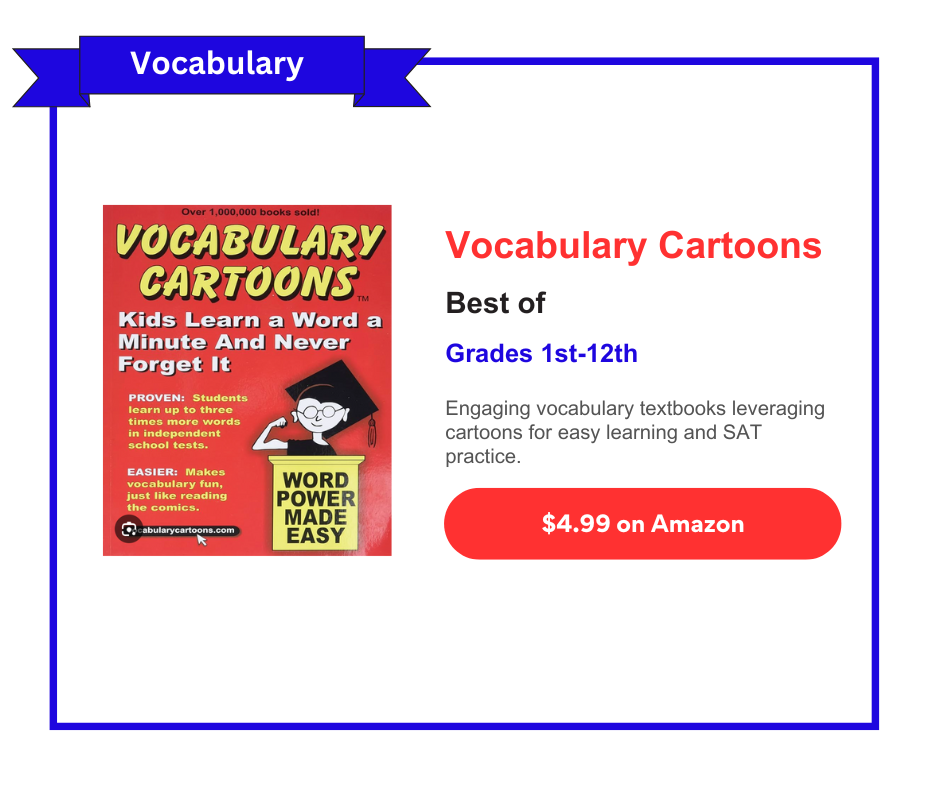
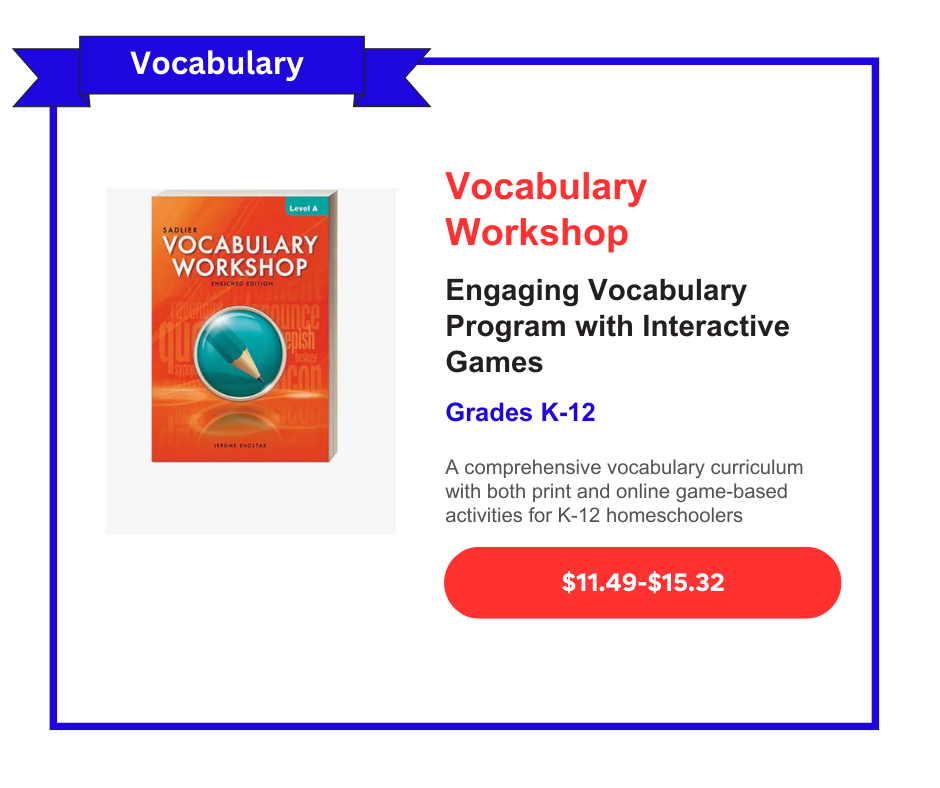
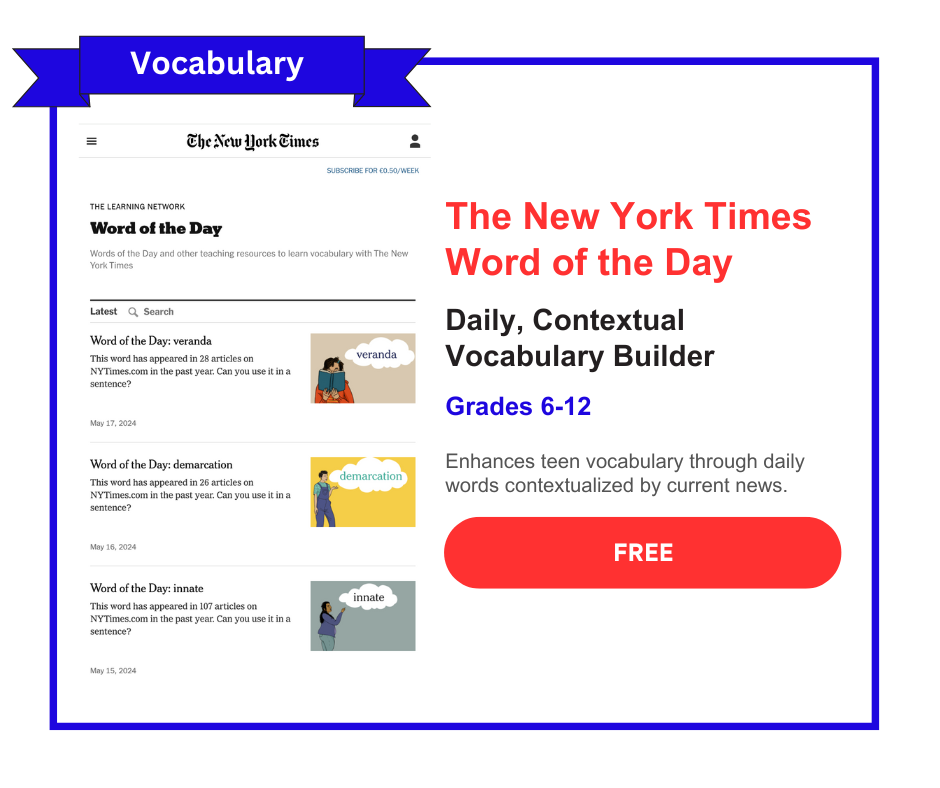
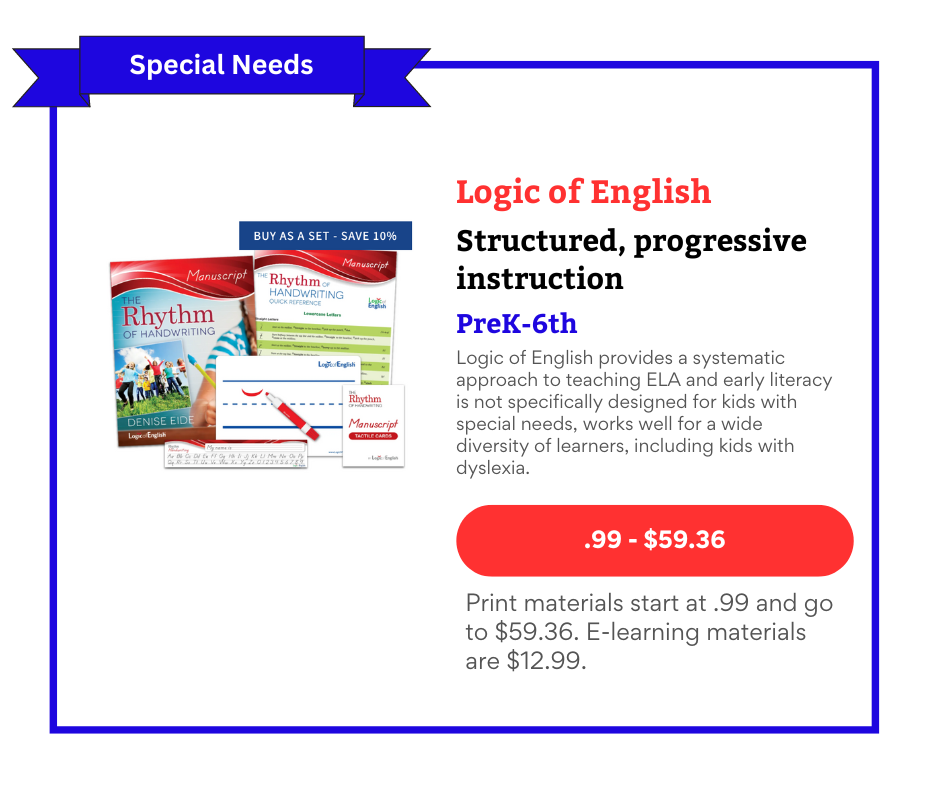
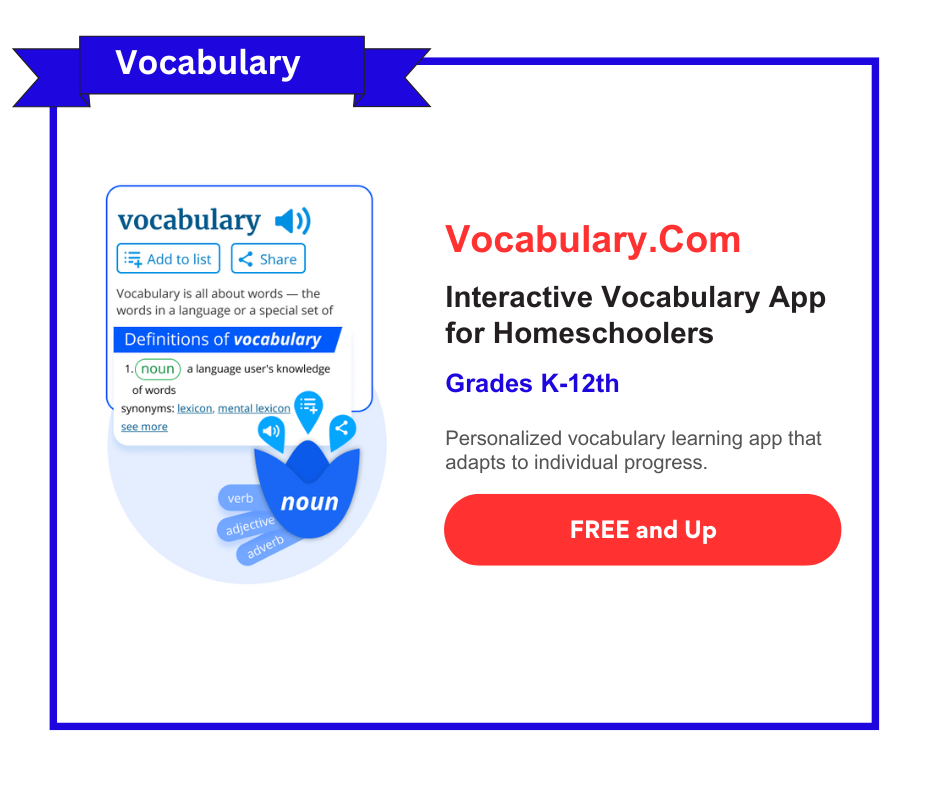
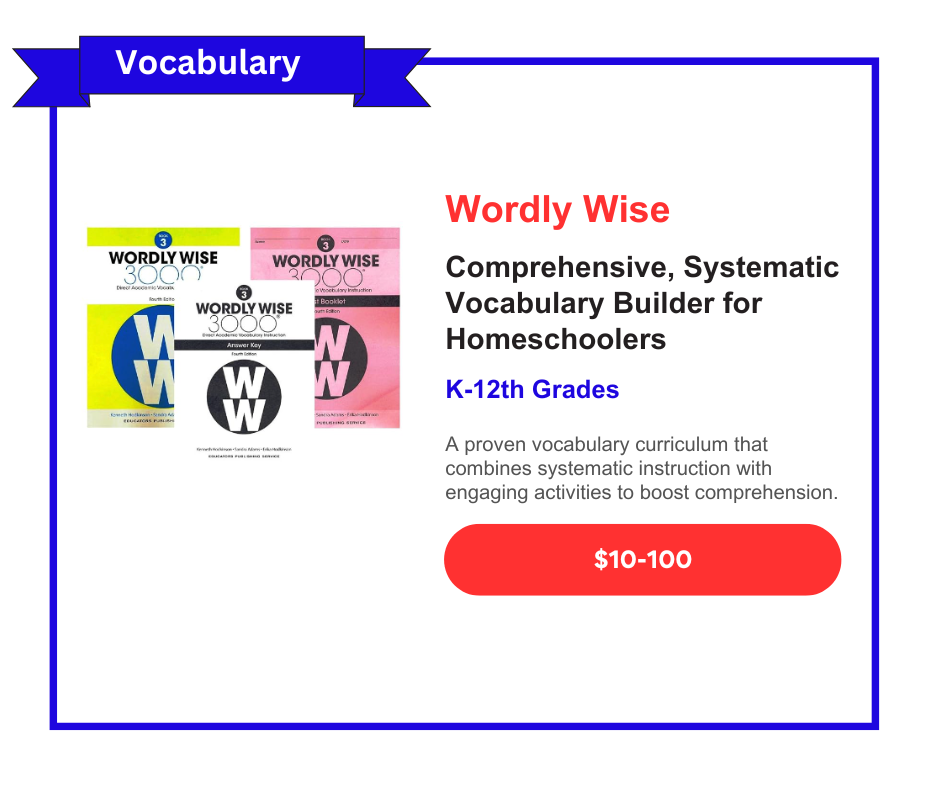
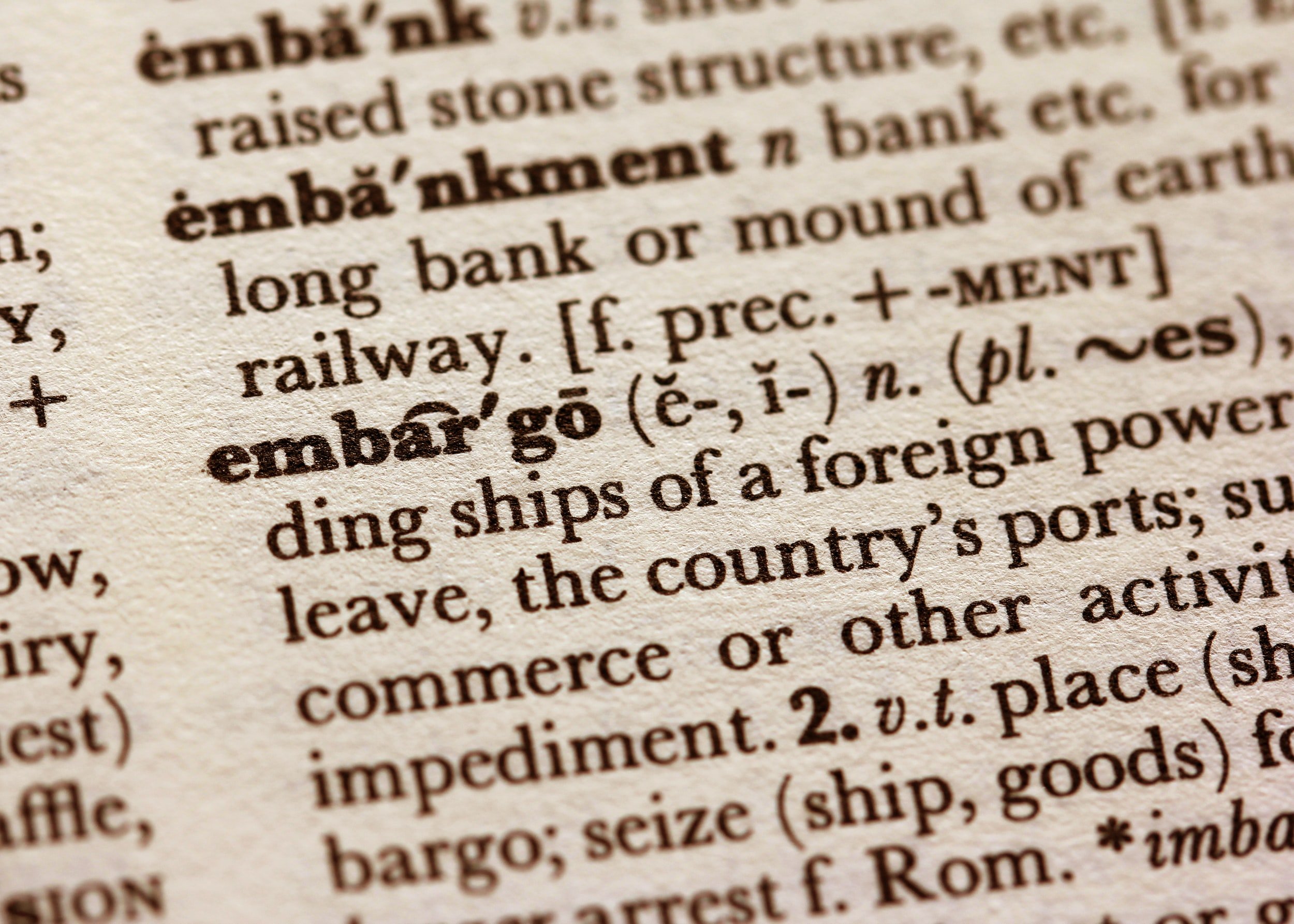
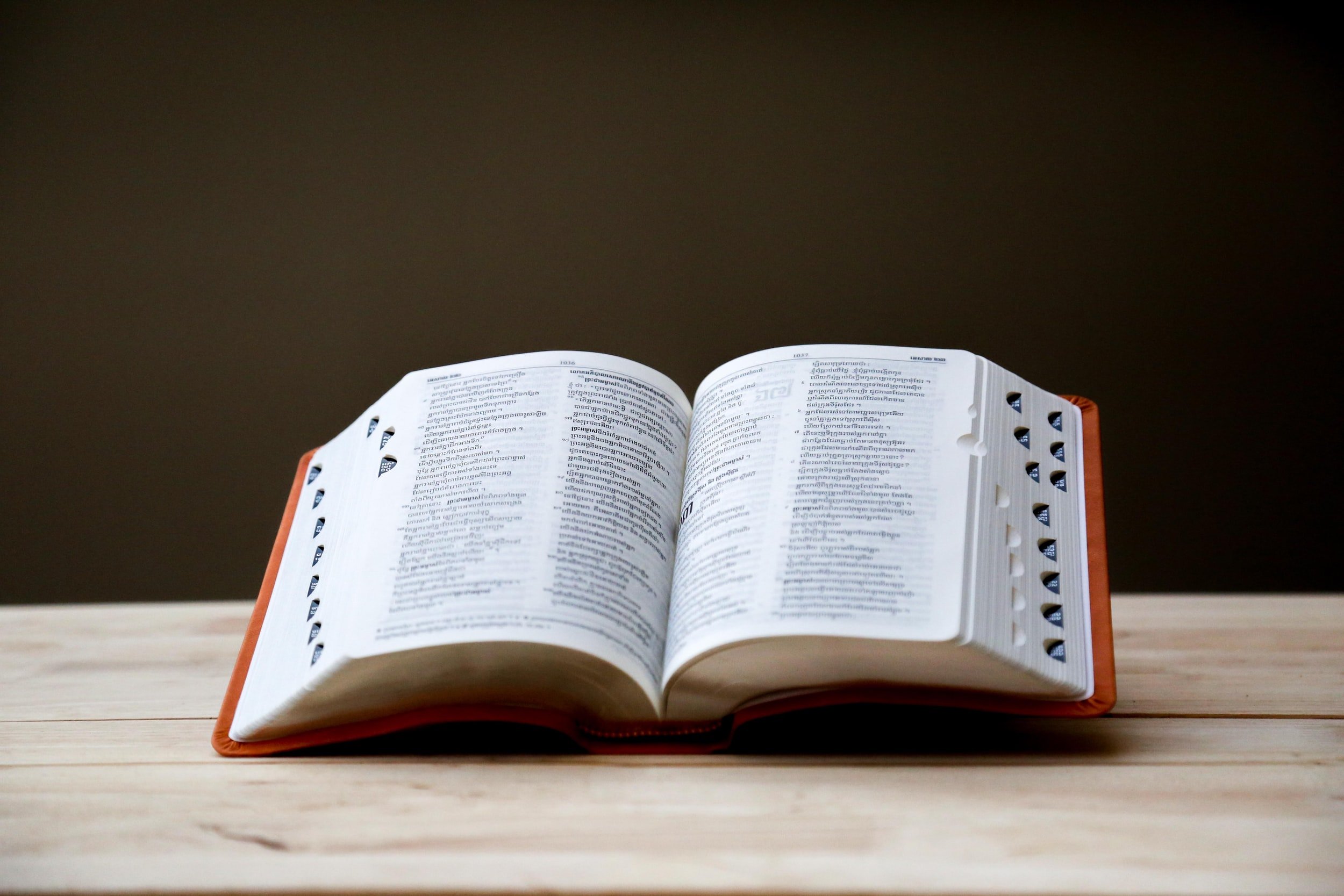
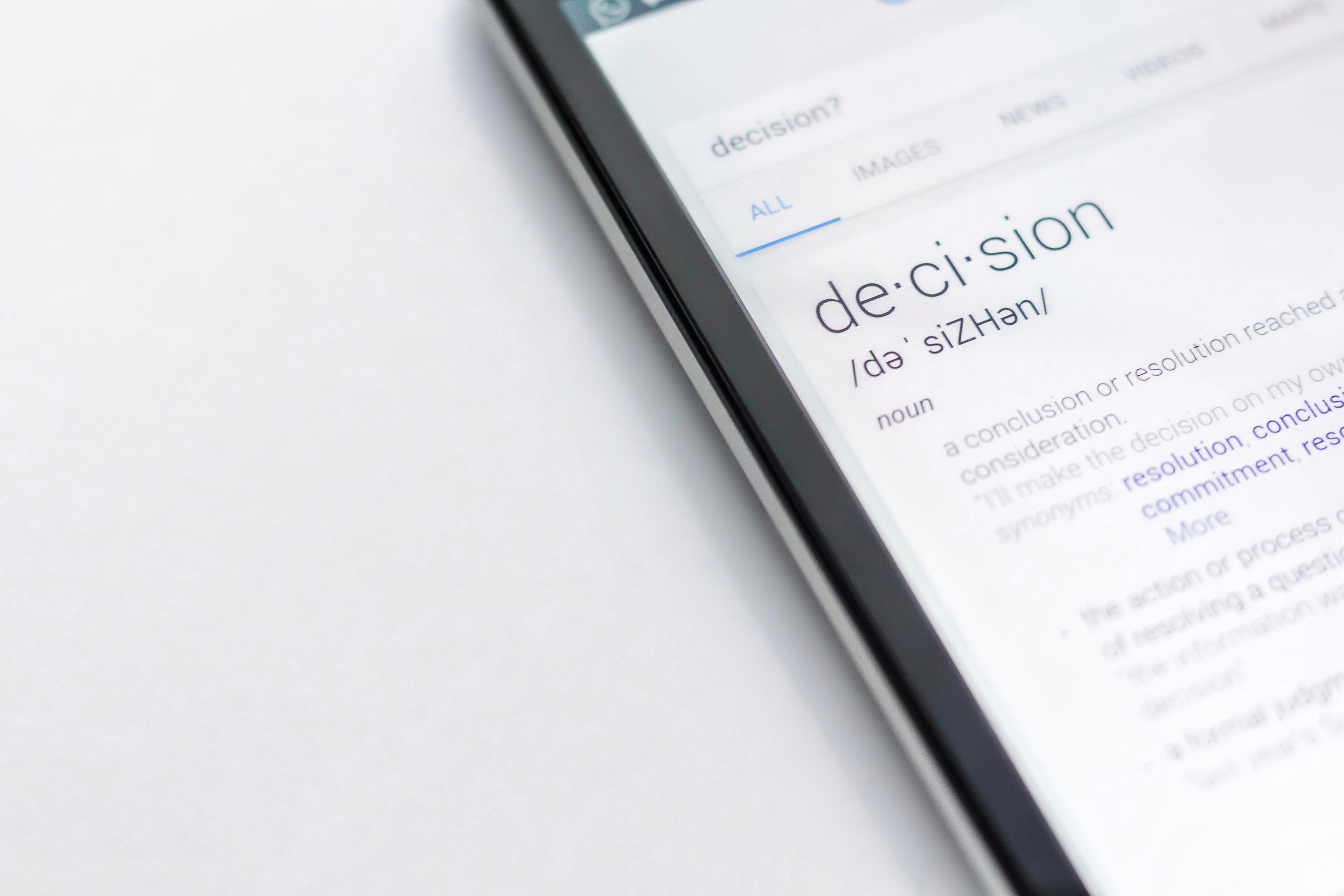

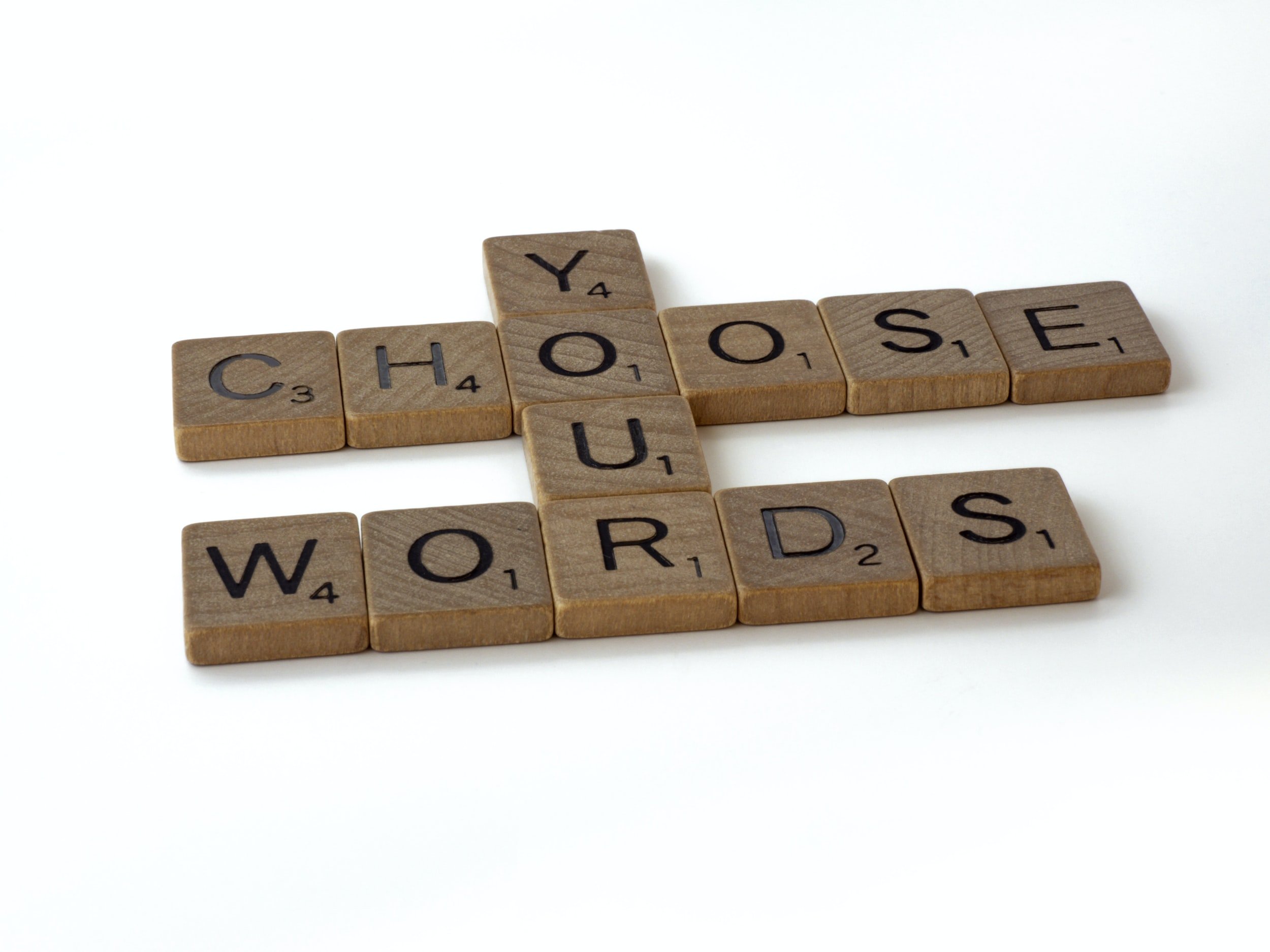
Discover how Vocabulary Virtuoso stands out as a critical thinking-enhanced vocabulary textbook in our detailed review. Ideal for homeschoolers preparing for higher academic challenges.